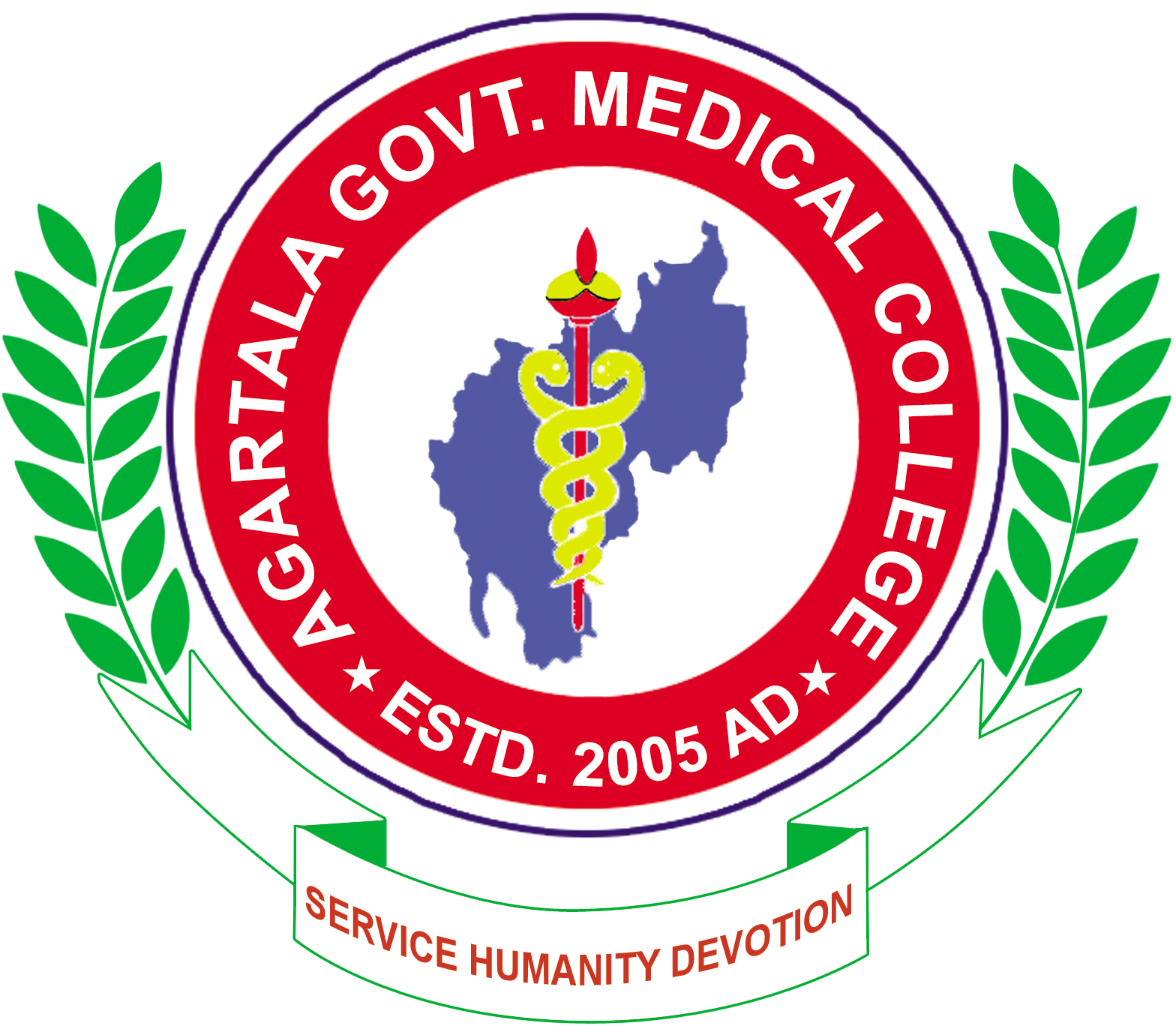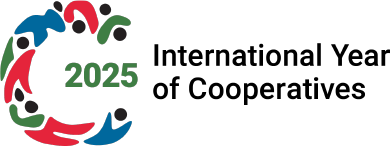DEPARTMENT OF PEDIATRICS
The Department of Pediatrics at AGMC is committed to providing comprehensive medical care for infants, children, and adolescents. It combines clinical services, teaching, and research to address the health needs of the pediatric population. The department’s focus extends from general pediatric care to specialized services for children with complex health conditions.
1. Academic Curriculum
The department offers educational programs for undergraduate (MBBS) and postgraduate (MD Pediatrics) students, covering a broad range of pediatric care and child health.
- General Pediatrics: Deals with the diagnosis, treatment, and management of common childhood illnesses.
- Neonatology: Specialized care for newborns, particularly those born prematurely or with health conditions requiring intensive care.
- Pediatric Nutrition: Focuses on the nutritional needs of children, including breastfeeding support and management of malnutrition.
- Pediatric Infectious Diseases: Covers common infections in children such as respiratory infections, diarrheal diseases, and vaccinations.
- Pediatric Cardiology, Neurology, and Endocrinology: Specialized care for children with heart, neurological, and hormonal disorders.
- Developmental Pediatrics: Focuses on developmental milestones, early detection of developmental delays, and intervention strategies.
2. Clinical Services
The Department of Pediatrics provides a wide range of pediatric health services:
- Outpatient Services (OPD): General pediatric consultations, growth and development monitoring, and immunization services.
- Inpatient Services: Comprehensive care for children requiring hospitalization due to acute or chronic illnesses.
- Neonatal Intensive Care Unit (NICU): Specialized care for critically ill newborns, including premature babies and those with congenital anomalies.
- Pediatric Intensive Care Unit (PICU): Intensive care services for children with life-threatening conditions.
- Immunization Clinic: Routine vaccinations as part of national immunization programs, including BCG, DPT, MMR, and polio.
- Well-Child Visits: Routine health check-ups for monitoring growth, development, and preventive care.
- Emergency Pediatric Services: 24/7 emergency care for acute pediatric illnesses, injuries, and medical emergencies.
3. Neonatal and Child Health Programs
The department is involved in various child health initiatives, aiming to improve maternal and child health in the community.
- Newborn Care: Services focusing on ensuring optimal health for newborns, including breastfeeding support, jaundice management, and congenital anomaly screenings.
- Growth Monitoring Programs: Regular assessments to track children’s physical growth and development, with interventions for growth disorders.
- School Health Programs: Health check-ups and educational programs for school children, focusing on nutrition, hygiene, and disease prevention.
- Malnutrition Clinics: Treatment and management of malnutrition in children, including therapeutic nutrition interventions.
- Adolescent Health Clinics: Health services for adolescents, focusing on puberty, mental health, nutrition, and preventive care.
4. Faculty
The department is staffed by experienced pediatricians who specialize in different areas of child health.
- Head of Department (HOD): Dr. [Name], MD (Pediatrics), with expertise in pediatric neonatology and child health.
- Specialists: Faculty members specializing in neonatology, pediatric infectious diseases, pediatric cardiology, and other subspecialties.
5. Workshops, Seminars, and Conferences
The department conducts a variety of educational activities for students, faculty, and healthcare professionals:
- Workshops on Neonatal Care: Training sessions on neonatal resuscitation, breastfeeding, and care of preterm infants.
- Seminars on Pediatric Infectious Diseases: Addressing common and emerging pediatric infections and their management.
- Conferences on Child Development: Focusing on early childhood development, developmental disorders, and strategies for early intervention.
6. Facilities and Resources
The department is equipped with modern facilities to provide high-quality pediatric care:
- Neonatal Intensive Care Unit (NICU): State-of-the-art equipment for the care of critically ill newborns, including incubators, ventilators, and monitoring systems.
- Pediatric Intensive Care Unit (PICU): Advanced facilities for managing critically ill children, with trained staff and specialized equipment.
- Outpatient Clinics: Child-friendly spaces designed for pediatric consultations, immunizations, and regular check-ups.
- Pediatric Wards: Inpatient wards dedicated to the care of children requiring hospitalization for a range of health conditions.
- Lecture Halls and Seminar Rooms: Equipped with multimedia tools for delivering interactive lectures, case studies, and workshops.
- Library Resources: Access to a wealth of pediatric textbooks, journals, and online medical databases for research and learning.
7. Research and Publications
The department is involved in ongoing research to advance pediatric care and improve child health outcomes:
- Neonatal Health Research: Studies focused on improving outcomes for preterm and low-birth-weight babies.
- Pediatric Infectious Diseases: Research on the epidemiology, prevention, and treatment of common childhood infections.
- Child Development and Nutrition: Research on malnutrition, its effects on development, and strategies for improving child nutrition.
- Publications: Faculty regularly contribute to national and international pediatric medical journals, sharing research findings and case studies.
8. Student Involvement
The department offers numerous opportunities for student engagement:
- Clinical Rotations: Exposure to different pediatric subspecialties, including neonatal care, pediatric surgery, and infectious diseases.
- Research Projects: Opportunities for students to participate in clinical research on pediatric health issues.
- Community Outreach Programs: Involvement in health camps, vaccination drives, and public health education in underserved communities.
9. Community Outreach Programs
The department engages in several community health initiatives aimed at improving child health in the region:
- Immunization Drives: Collaborating with government agencies to ensure widespread immunization coverage for children in rural areas.
- Health Camps for Children: Providing free health check-ups and treatment for common pediatric conditions in underserved communities.
- Maternal and Child Health Awareness Programs: Educating mothers on newborn care, breastfeeding, and nutrition to promote healthy childhood development.
- School Health Programs: Screening programs in schools for common childhood diseases, vision problems, and developmental issues.
10. Future Directions
The Department of Pediatrics aims to:
- Expand Neonatal and Child Health Services: Increase capacity in the NICU and PICU to manage more critically ill children and newborns.
- Strengthen Research in Pediatric Infectious Diseases: Focus on emerging infections, vaccination coverage, and antibiotic resistance.
- Promote Child Development Programs: Expand developmental screening programs and early intervention services for children with developmental delays.
- Collaborate on National Health Initiatives: Work closely with national health programs to improve immunization rates and reduce childhood mortality in the region.


